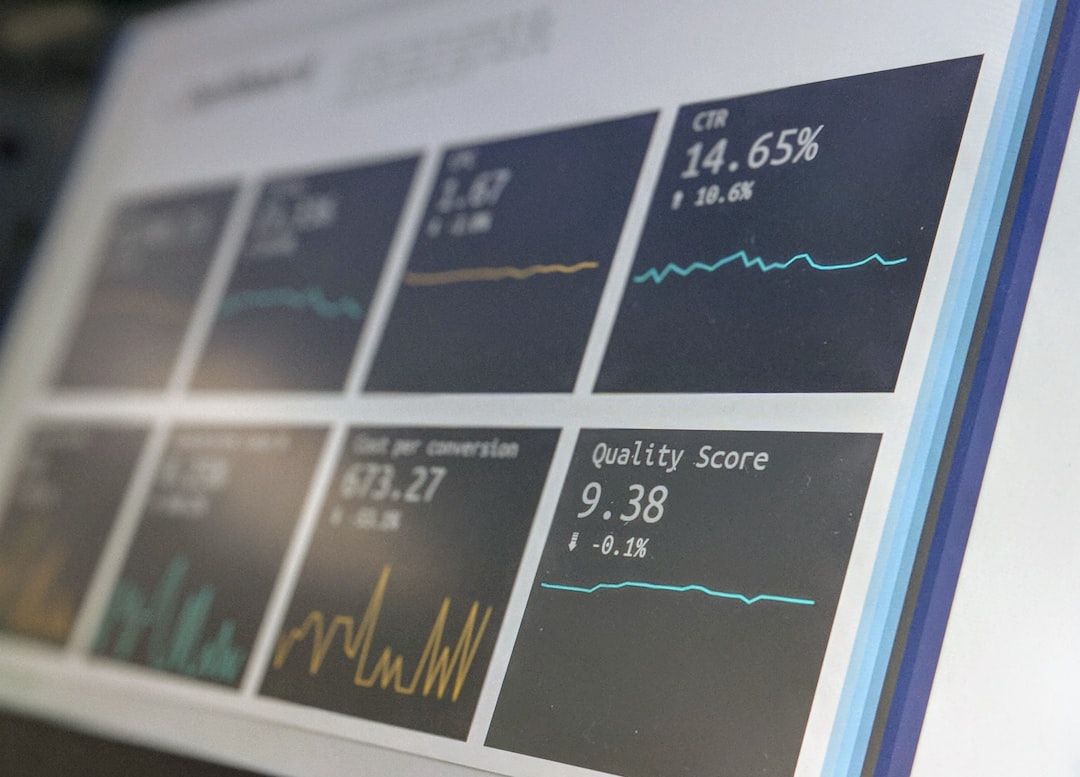The Impact of Global Trends on the Brazilian Commodities Market
Understanding the Brazilian Commodities Market
The Brazilian commodities market plays a significant role in the country's economy. It is an essential part of the global commodities landscape, contributing significantly to the supply of soybeans, coffee, sugar, and iron ore. However, the dynamics of this market are not isolated. They are heavily influenced by global trends, which can either boost or dampen its performance.

Global Economic Trends
Global economic trends significantly influence the Brazilian commodities market. For instance, the recent economic slowdown in China, a significant consumer of Brazilian commodities, has had a ripple effect on the market. China's reduced demand for commodities like iron ore and soybeans has led to a drop in their prices, impacting Brazilian exporters' revenue.
Trade Policies
Trade policies, particularly those of large economies, also affect the Brazilian commodities market. The ongoing trade war between the U.S. and China, for example, has seen Brazil's soybean exports to China increase as China looks for alternative sources. However, these gains can be volatile and depend on the continuity of these trade tensions.

Climate Change
Climate change is another global trend impacting the Brazilian commodities market. Changes in weather patterns can affect agricultural commodities. For instance, droughts can reduce crop yields, leading to higher prices due to scarcity. On the other hand, favorable weather conditions can lead to oversupply, driving prices down.
Environmental Policies
Environmental policies and global trends towards sustainability can also impact the market. As the world moves towards greener energy sources, demand for commodities such as oil may decrease. This shift could also increase demand for biofuels, a sector where Brazil has significant potential, thus opening new opportunities for the Brazilian commodities market.

Technological Advancements
Technological advancements are also shaping the Brazilian commodities market. Innovations in agriculture, such as precision farming and genetically modified crops, can increase crop yields and resilience to weather changes. This increased efficiency could lead to a more stable supply of commodities, reducing price volatility.
Digitalization
Finally, the digitalization of the commodities market is another global trend impacting Brazil. Digital platforms are making it easier for buyers and sellers to connect, increasing market transparency and efficiency. However, this trend also brings challenges, such as the need for digital infrastructure and cybersecurity measures.

In conclusion, global trends significantly impact the Brazilian commodities market. Understanding these trends is crucial for stakeholders, from farmers to exporters, to navigate this dynamic market successfully. As the world continues to evolve, the Brazilian commodities market will undoubtedly continue to adapt and change.
